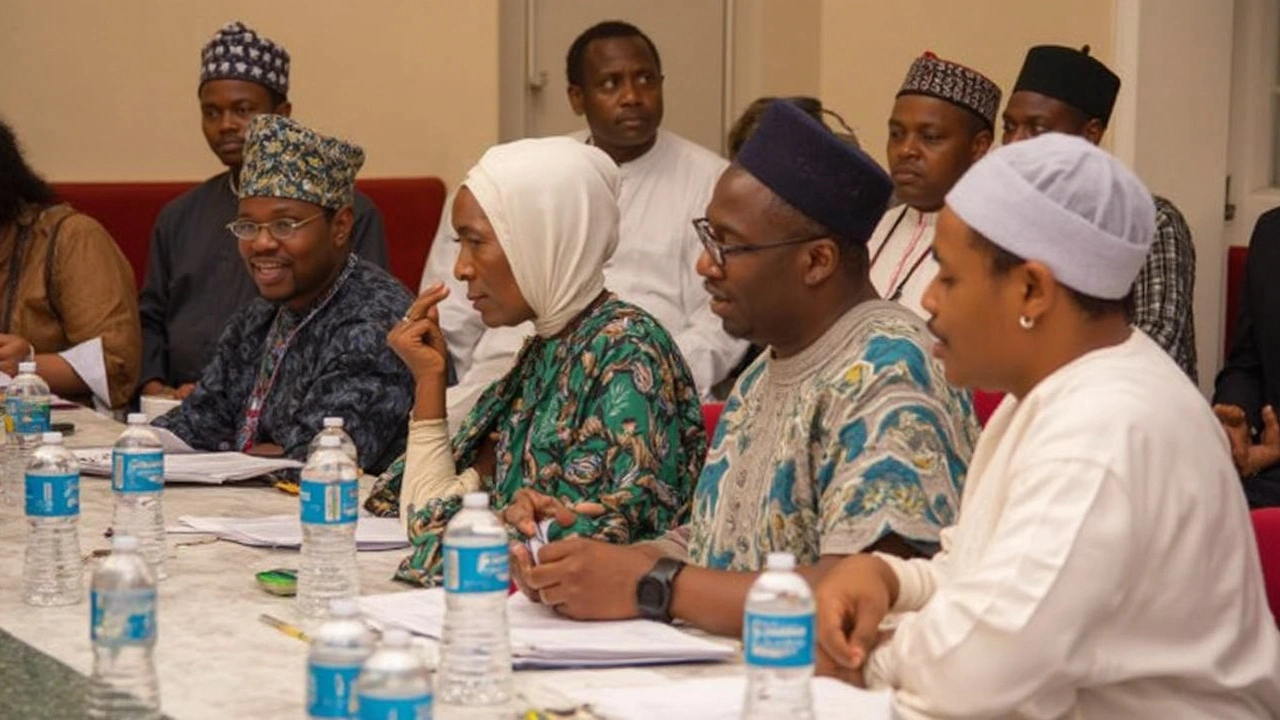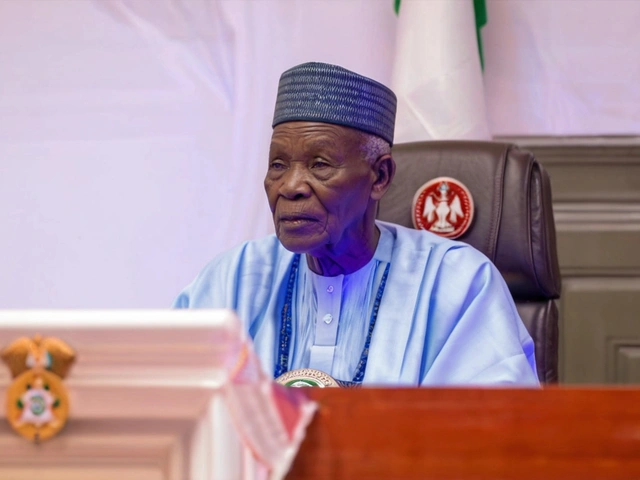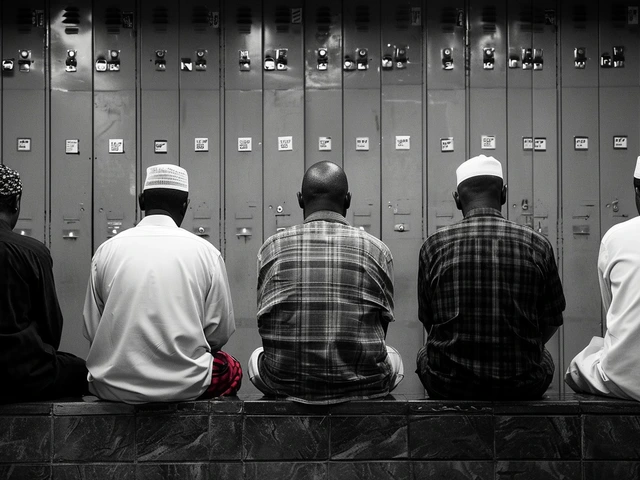General Babangida: Nigeria’s polarising former head of state
Want a quick, clear view of General Ibrahim Badamasi Babangida (often called IBB)? He led Nigeria from 1985 to 1993. His years in power reshaped the economy, reworked politics and left a debate that still runs hot today.
Babangida was born in Minna in 1941 and rose through the army ranks. In August 1985 he seized power in a coup, promising to fix a stalled economy and return the country to civilian rule. That promise shaped most of what came next.
Fast facts and key moves
He pushed sweeping economic changes called the Structural Adjustment Program (SAP). SAP aimed to cut state spending, remove trade controls and let the market drive prices. The pound was devalued and subsidies were scaled back. Those moves attracted loans and foreign investors but also pushed up prices for fuel and food, hitting ordinary people hard.
On politics, Babangida set up a long, controlled transition. He created two official parties, supervised local and national elections, and talked about handing power over to civilians. But the process ended in a crisis when the June 12, 1993 presidential election—widely seen as free and largely won by Moshood Kashimawo Olawale (M.K.O.) Abiola—was annulled. That annulment sparked protests, a legitimacy crisis, and deep mistrust in the state.
After annulling the vote, Babangida stepped down in August 1993 and installed an interim government led by Ernest Shonekan. That interim rule lasted only a few months before another coup brought General Sani Abacha to power. The 1993 episode is the single event most people point to when judging Babangida’s legacy.
Why people still argue about him
Supporters say he modernised some parts of the economy, opened media space briefly, and pushed Nigeria into new diplomatic roles. Critics point to rising poverty during SAP, the deep damage of annulling a popular election, and allegations of human rights abuses under his watch. Which side seems right often depends on whether you weigh short-term pain against long-term goals, or whether you put democracy above stability at any cost.
He stayed politically visible after leaving power, living mostly in Minna and weighing in on national debates. That kept his reputation alive—sometimes as a wise elder, sometimes as a symbol of failed promises.
Curious to learn more? Look for original documents from the 1986–1993 period, eyewitness accounts of the June 12 crisis, and economic reviews of SAP’s outcomes. Those sources give the clearest sense of what changed, who gained, and who lost.
If you want deeper reading on Babangida’s rule, check Nigeria’s archive reports, independent studies on SAP, and reliable timelines of the 1993 transition. These help separate the slogans from the details and show why General Babangida still shapes debates about leadership, reform and democracy in Nigeria.
Richard Odusanya calls on General Ibrahim Babangida to fully own up to his role in the annulment of the June 12, 1993 election, a decision he deemed regrettable in his memoir. This annulment disrupted the democratic process, beckoning demands for justice and the revocation of honors granted to key figures benefiting from the fallout.
Recent-posts
Jul, 26 2024






